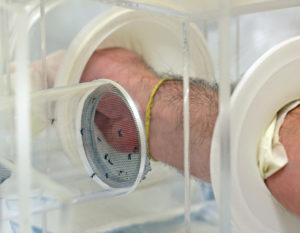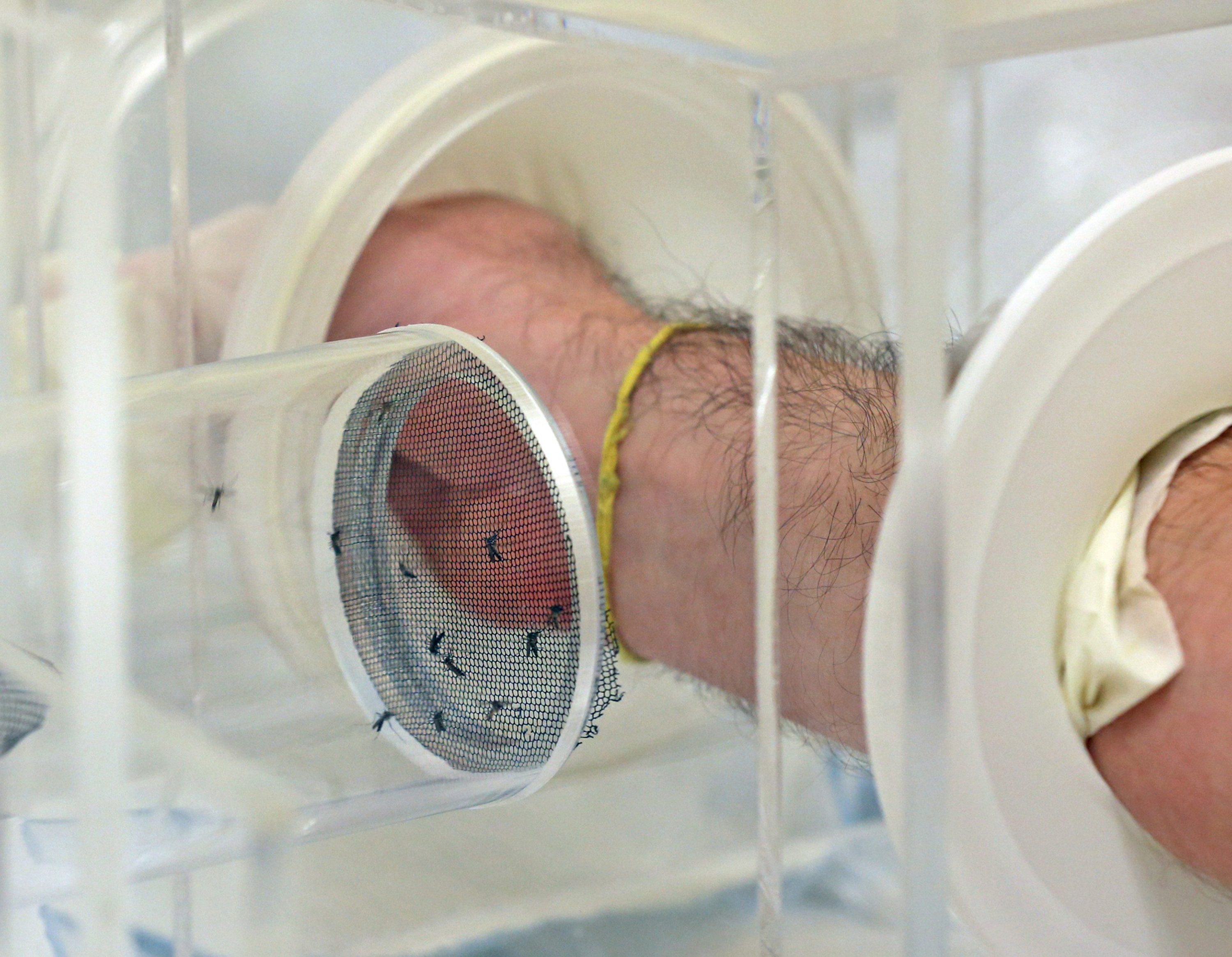After screening more than 6,000 different medicinal compounds, a Florida State University research team has discovered two that appear to combat the Zika virus.

One of the compounds prevents Zika from replicating itself within the body and the other stops the virus from killing a fetus’ brain cells that lead to birth defects.
The research team was headed by FSU biology professor Hengli Tang, Johns Hopkins Professors Guo-Li Ming and Hongjun Song, and National Institute of Health scientist Wei Zheng. Various doctoral students also contributed to the study.
“We all worked together to screen over 6,000 compounds that were either Food and Drug Administration approved or in some stage of clinical trial,” said Emily Lee, one of the doctoral students that provided assistance.
Tang says that the team took this approach in hope that the treatment could reach Zika patients sooner.
Tang said that this method would allow the team to get treatment to Zika patients as soon as possible.
New drugs can take many years to reach the public, Song said. The research team decided it would be more effective to search through compounds that are either already approved by the FDA or on the way to approval.
The next phase of the study involves testing the two compounds on animals that have been infested with Zika and is slated to start soon.
This recent discovery is not the team’s first Zika breakthrough. In March of this year, the same group was the first to discover that Zika can cause a birth defect known as microcephaly. According to Florida State University News, it was immediately after this finding that the compound screening began.
Tang understands that the fight against Zika is particularly strong in Florida. There have been 656 Zika cases as of Sept. 1 according to the Florida Department of Health.
“We live in Florida. We know the cases in Florida, so it is something that is very close to home. I think that counts for something.”



